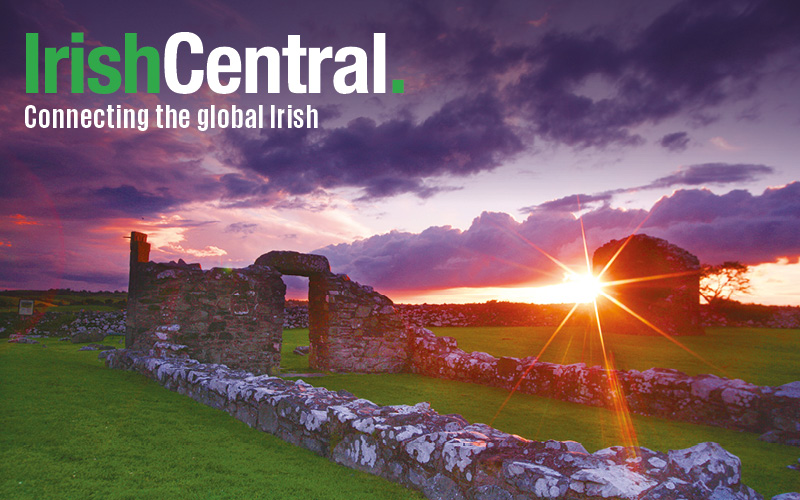Desperate Irish tenants were forced to play cricket for cash to survive during the Famine, according to new reports.
The Irish Times has reported on newly discovered documents which outline the practise in County Laois.
The report claims that men in the Midlands were paid by the landed English gentry to make up the numbers on the cricket pitch.
Viscount Ashbrook’s cricket club, on his estate at Castle Durrow, was made up of the local Protestant gentry who paid dues for the privilege of playing the very English game.
When extra numbers were needed however, Catholics from the lower classes were hired to complete the teams.
These temps, many of them starving as the Famine gripped Ireland, were paid to play and may have been the country’s first professional sportsmen in the mid 1800s.
-------------------
Read more:
More stories on Irish history from IrishCentral
GOP Senator Charles Grassley puts a hold on E3 immigration bill for the Irish
San Antonio St. Patrick’s Day Parade cancelled after 44 years - VIDEO
-------------------
Records from the Ashbrook Cricket Club for the years 1846-1848 have unexpectedly come to light and will be auctioned by Sheppard’s fine art auctioneers next month.
According to the Irish Times, the Rules and Regulations for the Season 1847, the worst year of the Famine, show that the club members were required to pay ‘one shilling for every match they are on the losing side’ and ‘one shilling and sixpence including a luncheon of “cold meat’ for each practice day.
Catholics brought in to make the numbers up were paid ‘at the rate of two shillings each for practice day and the same per day for matches against other clubs and their expenses’.
Auctioneer Philip Sheppard told the paper: “The mostly Catholic young men used their sporting skills to earn money at a time of mass starvation by playing alongside peers of the realm, members of parliament, medical doctors and clergymen.”
The paper asks if Viscount Ashbrook, a reputedly ‘good’ landlord, had devised the payments to alleviate suffering.
Sheppard also said that the document is the earliest-known, organised ‘primary source’ record of Irish sport in existence - with the exception of those relating to horse-racing.
“It expands our understanding of mid-19th century provincial sporting and social life beyond the generalities of the huntin’, shootin’, fishin’ stereotype,” he added.




Comments